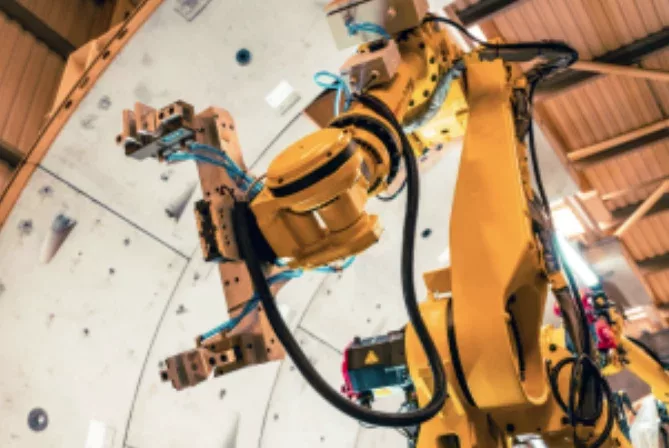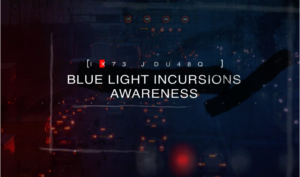A consortium of mechanical and civil engineering, and robotic automation industry leaders, including Tunnel Engineering Services (UK) Ltd (TES), i3D robotics (i3D), the Manufacturing Technology Centre (MTC), Costain, and VVB Engineering, has developed the first robotic and AI solution set to revolutionise the installation of mechanical and civil services in tunnels.
Traditionally, installing these services in tunnels is hazardous, labour-intensive and time-consuming. The prototype Automated Tunnel Robotic Installation System (ATRIS) can autonomously select brackets, locate where they need to be mounted along a tunnel wall, and install them. In doing so, the automated solution can improve on-site health and safety by reducing the risks associated with manual labour at the tunnel work face, for example, working at height in confined spaces, and hand-arm vibration experienced by workers during installation.
Once fully-developed, the final system can be deployed in tunnel construction for a variety of sectors including transport, water and energy. It is expected to increase productivity by 40% due to faster installation, reduce installation costs for new mechanical and electrical (M&E) systems by 30%, and cut construction plant movements by 40% to decrease embodied carbon.
The 22-month project, partly funded by Innovate UK’s Smart grant, was led by TES, which developed the initial concept in partnership with the consortium. Leveraging its expertise in robotics and automation, MTC spearheaded the design and manufacture of the robot’s end effectors. i3D developed crucial visualisation software for precise navigation, whilst Costain and VVB provided industry knowledge and expertise in tunnelling and fit-out requirements.
Alan Worsley, Design and Project Manager at Tunnel Engineering Services (UK) Ltd said: “TES has over many years designed and manufactured Mechanised Tunnelling Machines and special purpose equipment for the construction industry. Over this time, innovation has been at the forefront of our business, and the need for automation in traditionally manual M&E fit-out techniques has led us to develop ATRIS and make it commercially viable for the market. We believe the system can offer a safer, more cost-effective and sustainable solution for future infrastructure projects.”
(Pic – Costain)
























